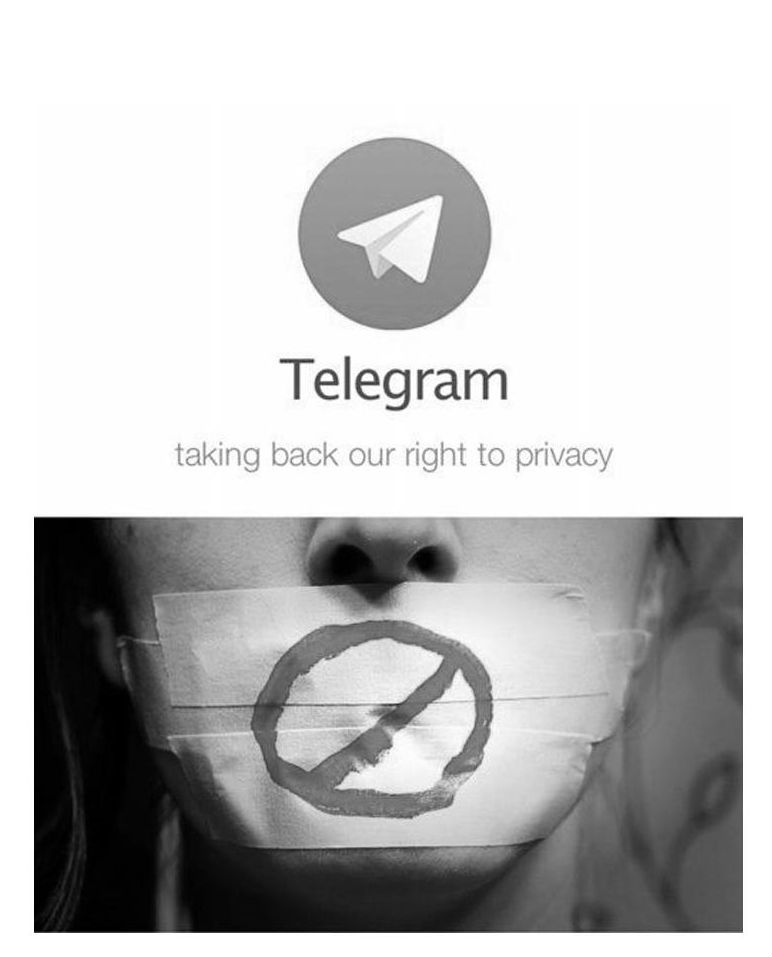 |
| ▲ Our right to privacy is being infringed. |
In the wake of comments made about President Park, the office of the Crown Prosecution decided to establish a ‘cyber investigation unit’ whose purpose was to investigate the spreading false rumours regarding the President. It was later discovered that a search and seizure warrant for KakaoTalk's stored data was issued last June 18th. There are two views on cyber censorship. One opinion argues against the suppression of freedom of expression, while the other argues cyber censorship is the only effective way to reduce the spread of harmful comments on the Internet.
The Dankook Herald (DKH) conducted a survey of students to find out their opinions on the topic. 37% of students answered ‘much’, 36% ‘so so’, 27% responded ‘very much’ to the question regarding how much Internet censorship limits freedom of expression. No students answered ‘little’ or ‘never.' This means that many students believe that censorship is an infringement on our freedom of speech. DKH also asked how effective censorship is at reducing harmful statements on the Internet. 30% of students responded ‘much’, 27% ‘little’, 23% ‘never’. 17% answered ‘so so’ and only 3% ‘very much’. From these results, we see that only 3% of respondents were in complete support of censorship as a means to halting harmful comments being spread on the Internet. we also see that more than 17% have negative opinion than positive on the efficiency.
DKH interviewed Prof. Bong Mi-sun who lectures media law & policy (Dept. of Communication) to seek out their professional advice about these two views. First, we asked whether she believe censorship is suppressing freedom of expression or if it is an effective policy for reducing harmful comments on the Internet. “Cyberspace is the only place where anonymity and freedom of expression are guaranteed. Censorship does nothing but stifle freedom of expression. It infringes on our right to know, a fundamental human right. This right is precondition to the right to pursue one’s happiness, and is protected under article 10 of the Constitution,” she said when expressing her sincere concern about the infringement on our fundamental rights.
Next, DKH asked about the kinds of social changes Internet censorship could lead to. “Cyber censorship could cause the collapse of social speculation, decreasing our freedom of expression, banning access to communication and information and delay the process of forming public opinion. Internet users would have no choice but to react passively.” She later added, “Freedom of expression should be protected before any other human right. When we limit it, we must comply with the ‘principle of clear and present danger’. And the degree of restriction should be limited to minimum necessity.” The principle of clear and present danger was adopted by the United States in order to give boundaries to the conditions under which freedom of expression could be limited. They included only times when the result of the freedom would ‘clear and present danger’ for the nation, as it would make it difficult for the state to protect their people.
Besides the world we live in, we have another society called the cyberspace, and we cannot ignore Internet morality. One can question whether or not Internet censorship, which was approved merely upon the word of the president, is right or even moral? Prof. Bong talked about the ethics of this concept, “Ethics do not have strong binds like laws, but they are concepts that require voluntary compliance and action.”
Prof. Bong said Internet users can suffer from ethical deviation because the Internet can be freely and easily accessed and it is guaranteed to be anonymous. In addition, if the Korean Communications Commission judges that there are any contraventions to the Law of the Electricity Communications Network, the media product can be punished. “This can be seen as an intervention by the state in cyberspace. It is important to minimize the scope of the power for countries to intervene, and protecting yourself is the preferred method.” she said.
The netizens are showing signs of a mass ‘digitally migration’ because of cyberspace censorship. Koreans are changing their Social Network Service (SNS) from KakaoTalk to Telegram, a Russia messenger service whose server is based
in Germany. This SNS is a free application available in mobile app stores and has recently surged to the top in downloads ahead of KakaoTalk. This is because it was first developed to avoid monitoring of SNSs by Russian authorities and the app places its highest priority on security. More importantly, it is impossible for Korean prosecution officers to obtain a search and seizure warrant for its data content because Telegram utilizes an overseas server. This is the primary motivation for the mass digitial migration away from KakaoTalk. According to Rankey-dot-com, an analysis and evaluation service of the web, 35million people who use the KakaoTalk had noticed that their accounts were being monitored by the prosecution, so about 400,000 people left SNS provider.
People must respect the privacy and human rights of others. The Korean Internet Safety Commission agreed and announced a ‘cyber code of ethics.’ The search and seizure of personal information contained in SNSs is against their code of conduct. KakaoTalk issued an apology on their homepage. The storage cycle of messages has been reduced on their server and is going to erase them directly from the server if the messages are acknowledged. Also the government will prepare, as soon as possible, a proposal to solve the problems discussed and plan to issue a sincere apology to the public for this.
최나연,이지선,조아영 dkherald@hotmail.com

![[Campus Magnifier] Let's Surf the Library!](/news/photo/202404/12496_1765_4143.jpg) [Campus Magnifier] Let's Surf the Library!
[Campus Magnifier] Let's Surf the Library!
![[Campus Magnifier] Let's Surf the Library!](/news/thumbnail/202404/12496_1765_4143_v150.jpg)





